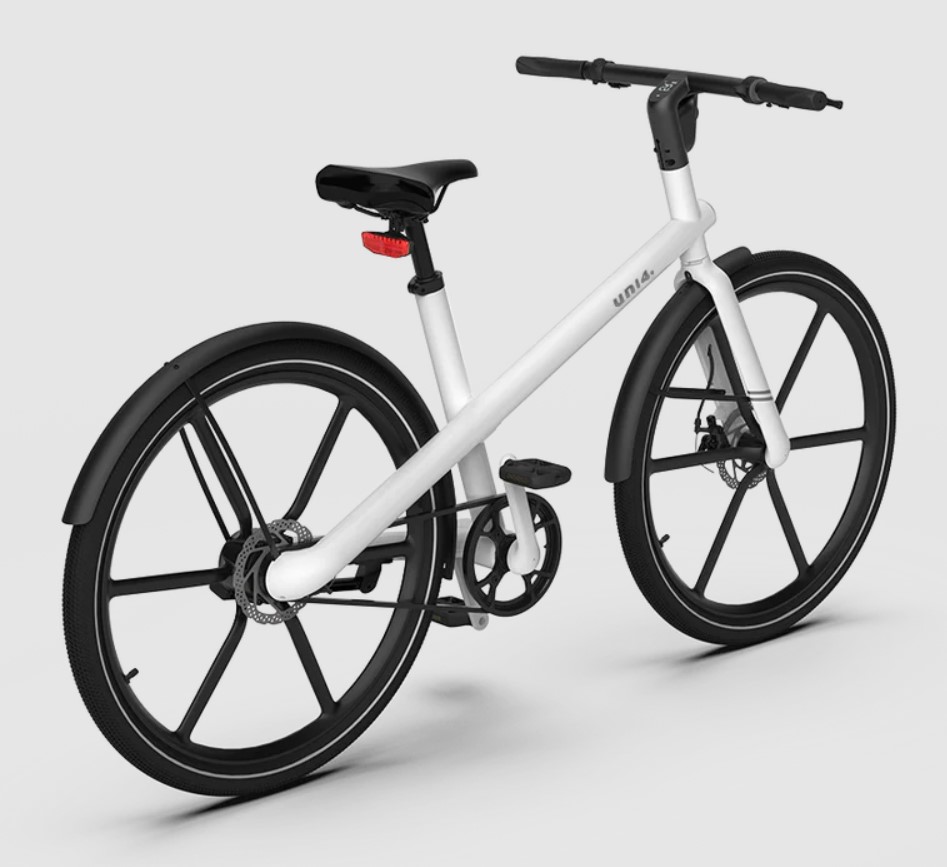Our cycling expert Mark Bailey highlights how buying an eco-friendly e-bike can turbo-charge your environmental credentials as well as your speeds
Buying one of the best electric bikes can trigger a cascade of personal benefits, from improving your health to saving you money on trains and buses. But e-bikes also deliver fantastic environmental benefits, from reducing your carbon emissions to enhancing your daily appreciation of nature. An e-bike will not just make you feel fit and strong, it will make you feel good about your eco-credentials too.
Will an e-bike reduce my carbon footprint?
According to a major study by the University of Leeds in England, e-bikes that are used to replace car travel can help to cut car-derived carbon dioxide (CO₂) emissions in England by up to 50%. That’s a saving of about 30 million tonnes per year. In fact, swapping just 20% of car miles for e-bike miles would mean 4-8 million fewer tonnes of CO₂ are emitted each year.
“Electric bikes are zero-emission vehicles, which means every time you pedal, you’re being kinder to the planet,” explains Justin Stevenson – Head of Cycling Design at e-bike stockists Halfords in the UK. “Motor vehicles, on the other hand, account for a fifth of the UK’s greenhouse gas emissions. With the government’s aim to reduce all greenhouse gas emissions to net zero by 2050, eco-friendly modes of transport like e-bikes are the future.”
Are e-bike batteries eco-friendly?
As with any technology, the production of an e-bike does require some emissions during manufacture and transport. Most people’s concerns relate to the batteries used in e-bikes, which are usually lithium-ion. Although harmful chemicals can be emitted during production, these batteries are incredibly durable and can last up to five years. That equates to around 500-1,000 recharges.
Lithium batteries are considered to have greater energy storage, a longer cycle life, and less environmental impact than other batteries. They can easily be recycled too.

Although no e-bike is eco-perfect, research suggest the pros of e-bikes hugely outweigh the cons. “The European Cyclists’ Federation (ECF) conducted a study into this. It calculated the full carbon footprint of various modes of transport, while accounting for factors including the production of a bike and even the CO₂ released during the production of food, because cyclists consume more food when exercising,” explains Stevenson.

You can’t beat the Honbike Uni4 for regular low-mileage rides
BUY IT NOW:
($1,699 / £1,799), honbike.com
“And it found that, even with these factors, e-bikes only release roughly 22g of CO₂ per passenger kilometre travelled. That’s compared with 271g of CO₂ per passenger kilometre in a car.”
In fact, riding 8km to work, four days a week, instead of driving, saves 380 litres of petrol and 750kg of CO₂ emissions each year. That’s a win for Mother Earth.
How else do e-bikes help the environment?
The accessibility of e-bikes is also important to their eco credentials. “People who perceive they’re not fit enough to ride a bike are willing to try an electric bike,” explains Julian Scriven, Managing Director of Brompton Bike Hire. So someone who doesn’t currently excise, or even an athlete such as a rugby forward who doesn’t enjoy cardio training, might take the plunge by buying an e-bike, therefore expanding the pool of eco-friendly athletes avoiding car journeys.
E-bikes also make previously daunting journeys possible. So the long bike commute, the trip to the shops or the journey to visit a friend now comes within cycling range, resulting in more bike rides and less car journeys.
That’s why the study by Leeds University found that e-bikes can save 10 million more metric tonnes of CO₂ emissions per year than conventional bicycles alone. “On average, journeys taken on e-bikes are double those taken on regular bikes,” adds Scriven. “This massively increases the number of short journeys that can be taken by bike rather than by car. When you realise that over 70% of all car journeys are under five miles, this really shows the potential benefit to the environment if we switch out some of those trips for a e-bike ride.”
Related content:







